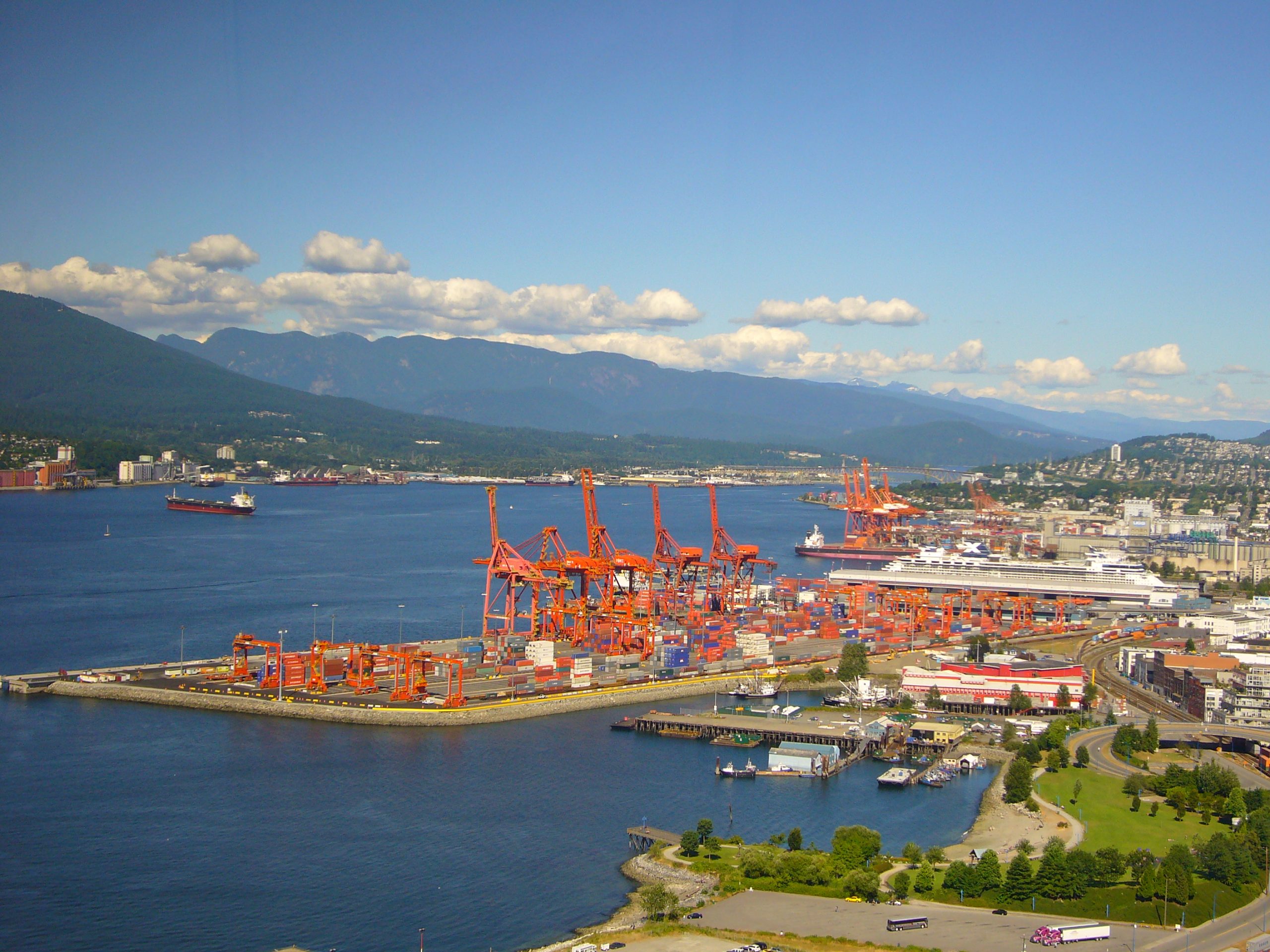Virtually defying their union bargaining team’s recommendation, more than 7,400 dockers in British Columbia have rejected a mediated offer from maritime employers on July 24 for a new four-year collective agreement. The move sparks revived uncertainty for Canadian supply chains and the key ports of Vancouver and Prince Rupert which had just begun to recover from a total of 14 days of strikes during a turbulent July. The labour conflict has prevented the movement of billions of dollars of goods.
In a message posted late Friday on the union’s website, International Longshore and Warehouse Union Canada (ILWU) President Rob Ashton said workers are now calling on their employers to “come to the table” and negotiate directly, instead of doing so through the BC Maritime Employers Association (BCMEA). This was a reference notably to terminal operators and shipping lines.
The union did not evoke another potential strike action, which is legally an option with 72-hour notice.
But the federal government did not take long to respond. Seamus O’Regan Jr., Minister of Labour, declared on Saturday afternoon: “This state of uncertainty cannot continue. While our BC ports are operating right now, we need long term stability for the many workers and businesses that depend on them.”
He then threatened the possibility of an imposed agreement, stating: “As Minister of Labour, I am using my authorities under Section 107 of the Canada Labour Code to preserve industrial peace. I have directed the Canada Industrial Relations Board to determine whether the union’s rejection of the tentative agreement has eliminated the possibility of a negotiated resolution. If the Board determines that to be the case, I have directed them to either impose a new collective agreement on the parties or impose final binding arbitration to resolve outstanding terms of the collective agreement.”
The rejection raises the prospect of government back-to-work legislation, as already strongly urged by a wide spectrum of industry sectors and several provincial premiers
In the confusing environment, the union leadership had previously turned down the latest BCMEA offer before reversing course and putting the deal to a ratification vote last Thursday and Friday.
For its part, the BCMEA said it is disappointed the four-year tentative agreement was rejected, calling it a, “good deal that recognized the skills and efforts of B.C.’s waterfront workforce while providing certainty and stability for the future of Canada’s West Coast ports.”
“The proposed four-year agreement was a good deal that recognized the skills and efforts of B.C.’s waterfront workforce while providing certainty and stability for the future of Canada’s West Coast ports,” the BCMEA said.
Describing the deal as “fair and balanced,” the BCMEA pointed out: “The four-year package rejected by the ILWU provided a generous compounded wage increase of 19.2%. This would have potentially increased the median union longshore compensation from $136,000 to $162,000 annually, not including benefits and pension. Over the course of the past 13 years, longshore wages have risen by 40%, ahead of inflation at 30%.
“The proposed deal also provided a signing bonus of $1.48 per hour worked to be paid to each employee (equivalent to approximately $3,000 per full-time worker), and an 18.5% increase to a Modernization and Mechanization retirement lump sum payment. This would increase their retirement payout in 2026 to $96,250 for eligible retiring employees, over and above employees’ pension entitlements.”
The BCMEA statement did not directly address a number of issues that had been highlighted by the ILWU – the impact of automation and the contracting out of maintenance jobs at marine terminals.
(Photo Port of Vancouver)


